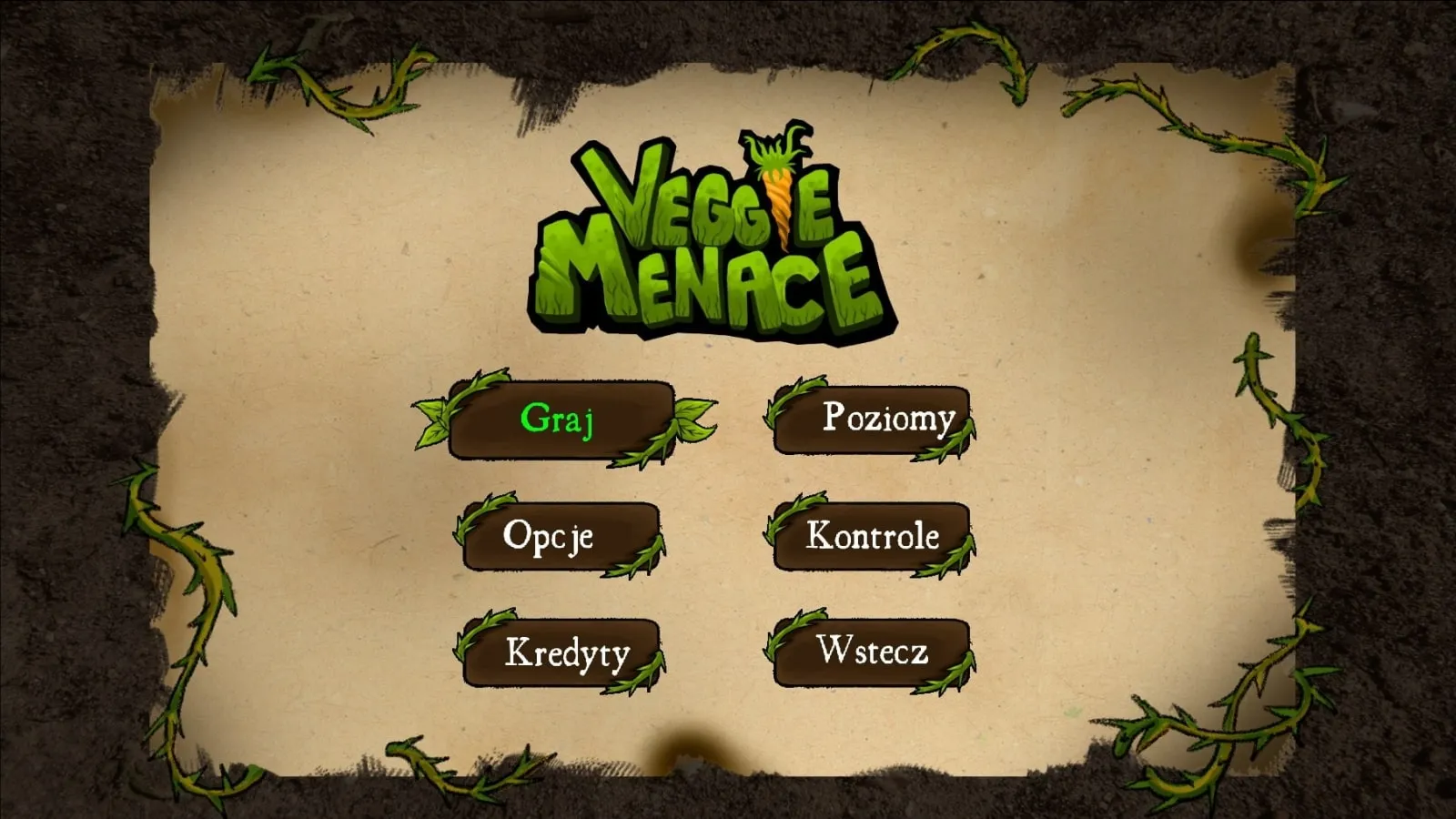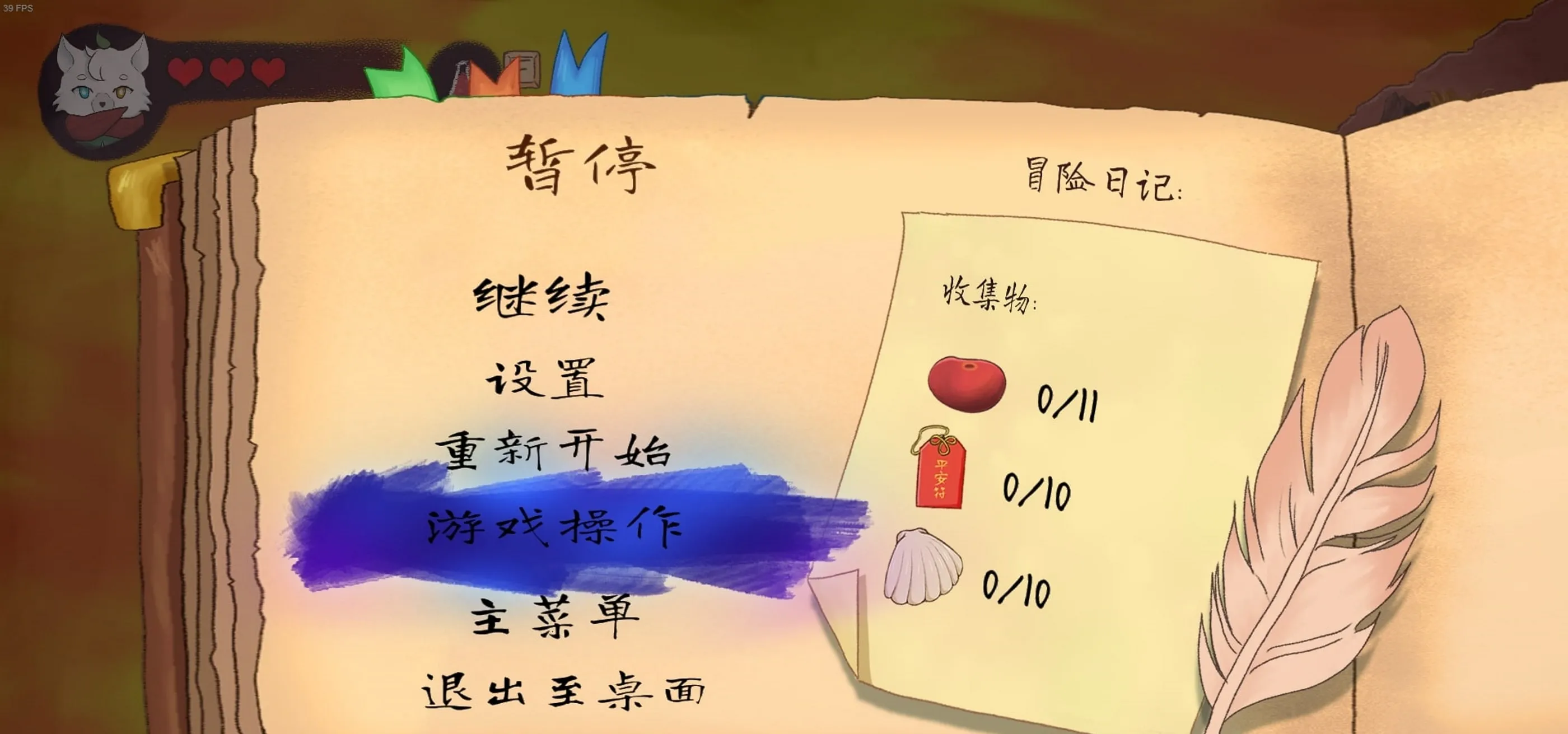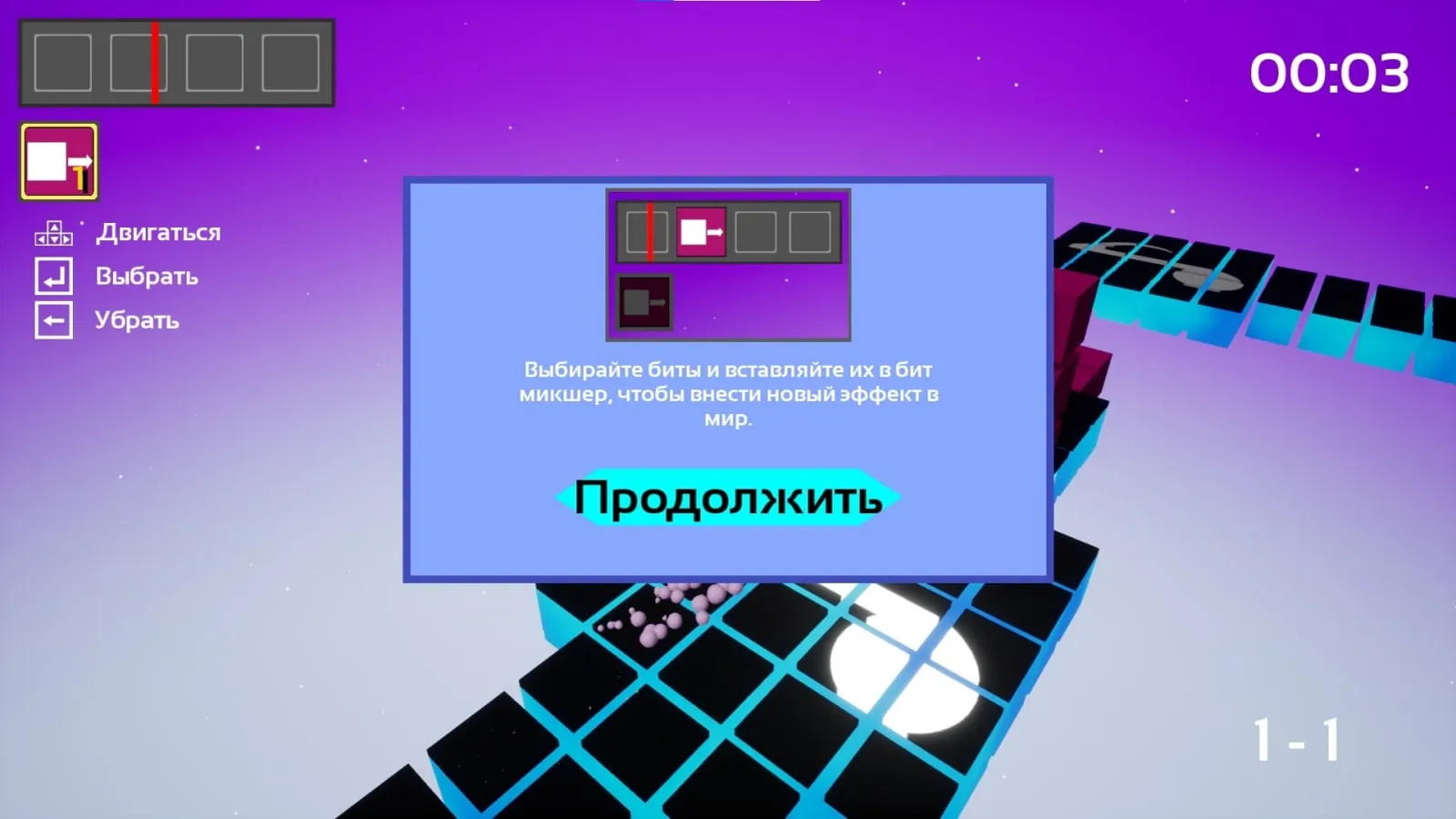DigiPen Institute of Technology Europe-Bilbao is a lively environment, where a variety of cultures and backgrounds converge to form a thriving community. This diversity is evident in the collaborative team projects undertaken throughout the years, which infuse their unique cultural influences into the final products. A quick look at our catalog of student games available on Steam makes this abundantly clear!
Our collection showcases a total of 13 distinct languages, including German, Simplified Chinese, Polish, and Russian, just to name a few. Here’s the complete list of games available per language:
Basque:
Catalan:
English:
Finnish:
French:
- Arclight Beat
- Chrono Club
- Project Senko
Galician:
German:
Greek:
Italian:
Portuguese:
Polish:
Russian:
Simplified Chinese:
Spanish:

Adapting these student games into other languages is a balance between two distinct realms: technicality and artistry. The technical aspects involve text integration, character encoding, and platform compatibility. On the other hand, artistic considerations include cultural sensitivity, narrative flow, and maintaining character traits.
Technical Considerations:
- Text Length: Ensuring translated text fits within the game’s allocated space without affecting layout or functionality.
- Character Encoding: Implementing special characters, symbols, and fonts for languages with unique scripts (e.g., Cyrillic, Arabic, Chinese).
- User Interface (UI): Adapting menus, buttons, and tooltips to accommodate translated text while maintaining an intuitive user experience.
- Subtitle Timing: Synchronizing subtitles with audio dialogue to match the pacing and emotional delivery of the original language.
- Voice Acting: Coordinating and recording voice acting in multiple languages to provide an authentic and immersive gaming experience.
- Platform Compatibility: Ensuring compatibility with various gaming platforms, each with its own technical requirements and restrictions.
- Localization Testing: Rigorous testing to identify and fix any technical issues, linguistic errors, or cultural inconsistencies.
Artistic Considerations:
- Cultural Sensitivity: Adapting in-game content, humor, references, and nuances to be relevant and relatable to players from different cultural backgrounds.
- Narrative Flow: Preserving the pacing, emotional impact, and character depth of the original story during translation.
- Characterization: Maintaining the unique traits, personalities, and quirks of in-game characters in different languages.
- Tone and Style: Ensuring the translated text aligns with the intended tone and style of the game, whether it’s serious, comedic, or fantastical.
- World-Building: Translating lore, world-building elements, and in-game history accurately to immerse players in the game’s universe.
- Localization of Visuals: Adjusting images, symbols, and cultural references within the game to be culturally appropriate for different regions.
- Quality Assurance: Conducting quality assurance checks to guarantee the translated content is artistically and linguistically consistent with the original vision of the game.
Which student game will get localized into a new language next? Investing in ways to widen audiences and incorporate more cultures is one opportunity DigiPen Europe-Bilbao takes to shatter boundaries. This challenge extends beyond technical expertise — it’s about forging connections with a worldwide audience through cultural diversity. The profound connection of language helps inspire and unite students as they create their unique games.

